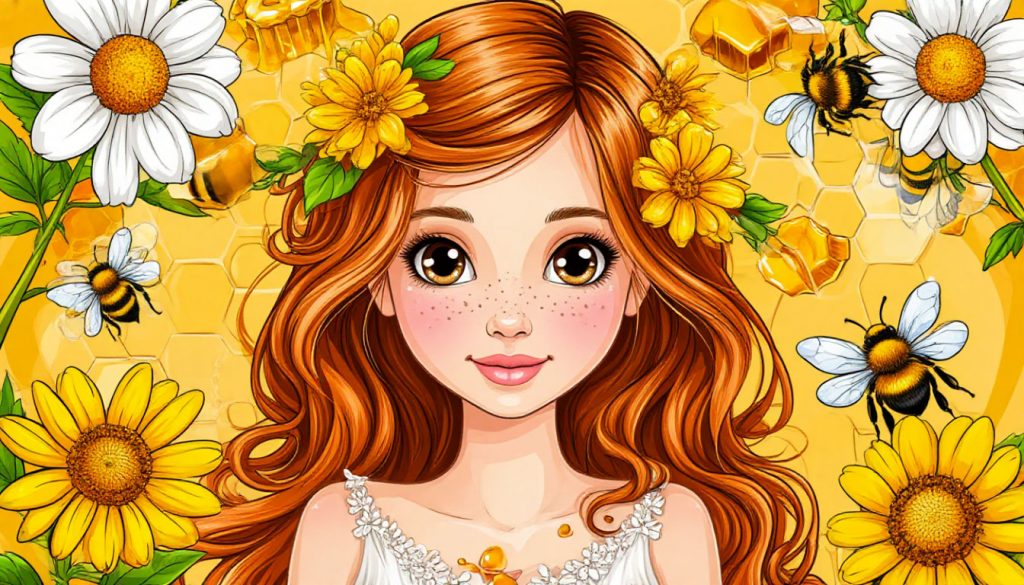Honey is one of the oldest natural foods known to humankind, used for thousands of years not just as a sweetener, but also as a medicine, preservative, and symbol of health. Made by bees from flower nectar, honey is far more than just sugar—it contains enzymes, antioxidants, and trace minerals that offer health benefits when consumed in moderation.
How Honey Is Made
- Worker bees collect nectar from flowers and store it in a special stomach.
- The nectar is broken down by enzymes and deposited into honeycombs.
- Bees fan the nectar with their wings to evaporate moisture, turning it into thick, stable honey.
- The honeycomb cells are sealed with wax for long-term storage.
The flavor and color of honey depend on the flowers visited by the bees—e.g., clover, acacia, buckwheat, or wildflower.
Health Benefits of Honey
1. Rich in Antioxidants
- Raw honey contains polyphenols and flavonoids that fight oxidative stress.
- May help reduce the risk of heart disease, cancer, and aging-related decline.
2. Natural Cough Suppressant
- A spoonful of honey can soothe the throat and reduce nighttime coughing.
- Studies show it’s as effective—or better—than some over-the-counter cough syrups.
3. Wound Healing and Skin Care
- Honey has antibacterial and anti-inflammatory properties.
- Used topically to treat burns, cuts, and ulcers, especially medical-grade manuka honey.
4. Digestive Support
- A small amount of honey may ease indigestion or gastritis.
- Acts as a prebiotic, feeding healthy gut bacteria.
Nutritional Profile (per 1 tbsp = ~21g)
- Calories: ~64
- Sugar: ~17g (mostly fructose and glucose)
- Minerals: small amounts of iron, zinc, potassium, magnesium
- Contains enzymes, amino acids, and trace antioxidants (in raw honey)
Types of Honey
- Raw honey: Unpasteurized and unfiltered—retains the most nutrients.
- Pasteurized honey: Heated to kill bacteria and prevent crystallization, but may lose some antioxidants.
- Manuka honey: From New Zealand, rich in methylglyoxal—known for antimicrobial use.
- Creamed honey: Whipped for a smooth, spreadable texture.
Each variety has unique flavor and health qualities.
Cautions and Considerations
- Do not give honey to infants under 1 year due to the risk of botulism.
- Although healthier than refined sugar, honey is still high in calories and should be consumed in moderation.
- People with diabetes should use it cautiously—it affects blood sugar like any carbohydrate.
Glossary
- Nectar — A sweet liquid produced by flowers to attract pollinators.
- Enzymes — Proteins that help convert nectar into honey and aid digestion.
- Antioxidants — Compounds that protect cells from free radical damage.
- Prebiotics — Substances that feed beneficial gut bacteria.
- Botulism — A rare but serious illness caused by a bacterial toxin, dangerous for infants.


